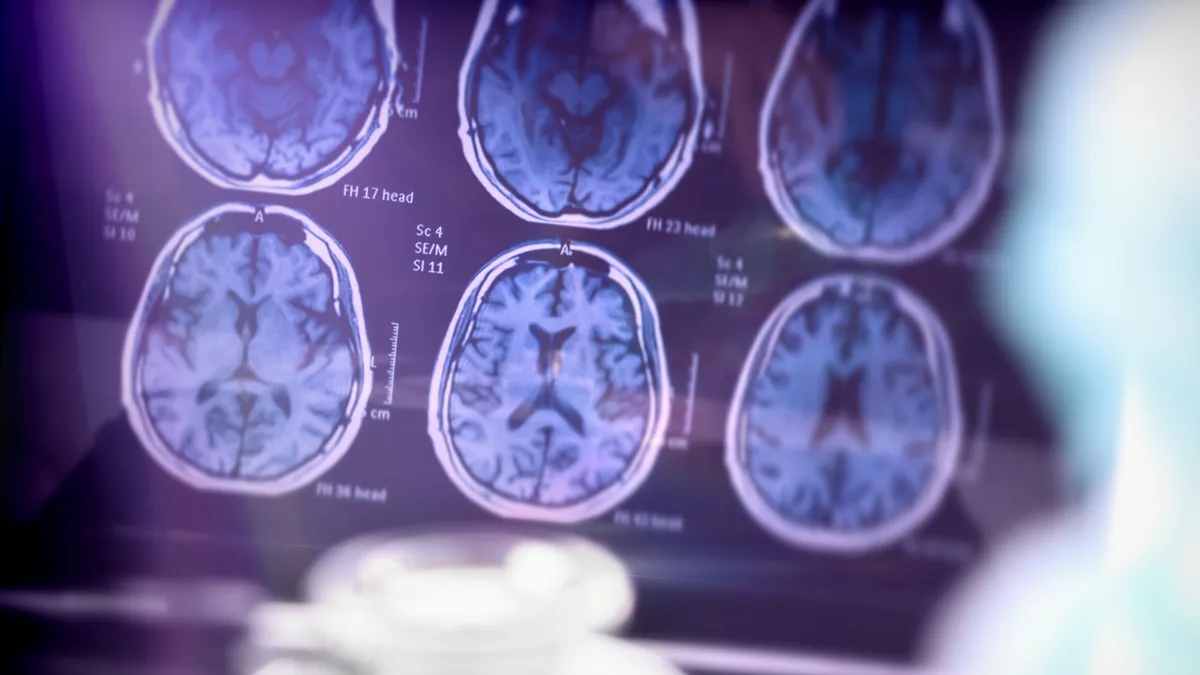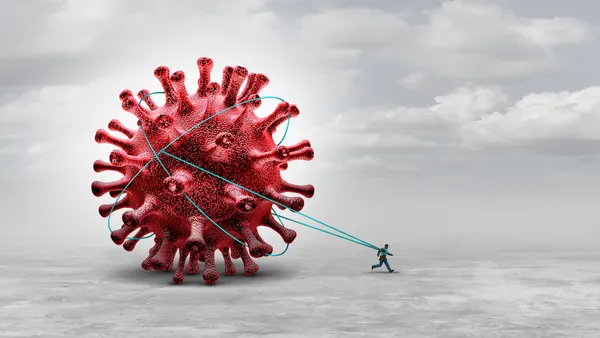Biomarkers increasingly drive drug research and advances in precision medicine. But not all fields are on equal footing. While doctors can quickly diagnose a heart attack using well-established cardiology biomarkers such as troponin, answers aren’t always as clear for brain-based conditions.
“[Cardiology] has had good diagnostic tests and highly efficacious drugs for 30 years, but in the neurology spaces, especially in Alzheimer’s, drugs are only just starting to make it through,” said Bruce Jordan, international business leader for personalized healthcare solutions in neurology and general medicine at Roche. “There are a huge number of gaps in the markets around the world in terms of the availability of good, dependable biomarkers that can be run on in vitro diagnostic analyzers.”
The sheer complexity of the brain has hindered progress, but researchers in the field have finally made some much-needed headway in recent years.
Improved testing
Roche is taking part in the push to develop biomarker tests to diagnose and treat Alzheimer’s disease and other brain conditions.
“The science is moving very fast because we’ve got a lot of catch-up to do,” Jordan said.
The FDA in April granted breakthrough device designation for Roche’s investigational blood test for Alzheimer’s, Elecsys pTau217 assay. The test, developed through a partnership with Eli Lilly, detects fragments of the protein tau, a biomarker for Alzheimer’s disease, in blood plasma. When the test is positive, it indicates the patient’s brain likely has a build-up of the damaging protein, a hallmark of the degenerative brain condition. The test could help distinguish those with Alzheimer’s from people with other types of dementia, and help identify the condition earlier when drugs, such as Leqembi, could be most effective.
“Only people who have amyloid pathology and a confirmed case of Alzheimer’s disease can really benefit from those drugs,” said Margherita Carboni, indication lead in neurology at Roche.
“We believe that we're at the dawn of a brand-new era in neurodegenerative diseases.”

Bruce Jordan
international business leader for personalized healthcare solutions in neurology and general medicine, Roche
Currently, Alzheimer’s is often diagnosed at a later stage based on symptoms and other assessments. About 23% of people with Alzheimer’s are misdiagnosed, according to Roche.
In addition to the Elecsys pTau217 assay, Roche has developed other biomarker tests including two cerebrospinal fluid tests for Alzheimer’s that are both FDA-cleared. The FDA also gave a third blood test a breakthrough device designation in 2022.
Alzheimer’s isn’t the only disease on the radar. Parkinson’s disease researchers recently notched a win when they identified a critical biomarker, and they are searching for more.
Roche is also part of the NeuroToolKit project, a coalition initially aimed at identifying biomarkers for Alzheimer’s, now with an expanded focus, Jordan said.
“We quickly realized that the needs are very similar for many neurodegenerative diseases,” he said. “Whether you talk about multiple sclerosis, Parkinson's, Alzheimer's or ALS [amyotrophic lateral sclerosis], the brain is a tricky organ to access and to understand.”
Progress made to identify biomarkers could fuel advances in better treatments and outcomes for people with these diseases.
“We believe that we're at the dawn of a brand-new era in neurodegenerative diseases,” Jordan said. “We're at the very beginning, and we believe there is a long, long runway ahead of us driven by the therapies that will be coming along.”











